What to do up-front, and what to save for later?
sanveann
11 years ago
Related Stories

SHOP HOUZZShop Houzz: Save up to 40% on Fall Front-Door Updates
Decorate your door with fall entryway essentials, on sale now through October 4, 2015
Full Story0

SHOP HOUZZShop Houzz: Save up to 25% on Holiday Wreaths and Garlands
Doors and mantels are about to get a whole lot of holiday cheer
Full Story0
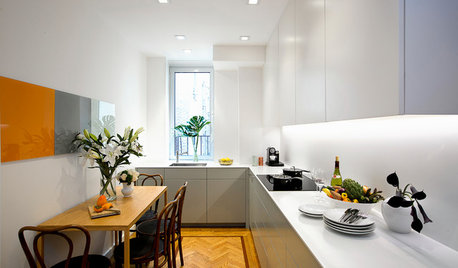
SMALL KITCHENSKitchen of the Week: Space-Saving Tricks Open Up a New York Galley
A raised ceiling, smaller appliances and white paint help bring airiness to a once-cramped Manhattan space
Full Story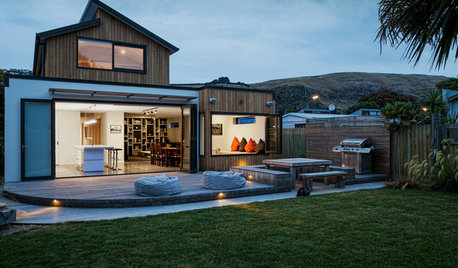
HOMES AROUND THE WORLDAfter the Quakes: New Christchurch Houses 5 Years Later
These New Zealand architects and homeowners have overcome the obstacles and created strong, stylish new homes
Full Story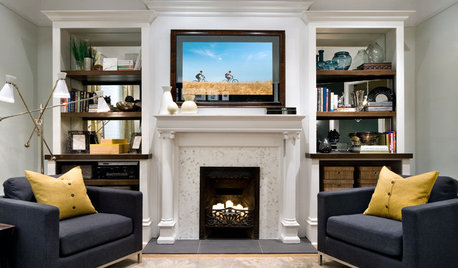
HOME TECHSave Your Decor — Hide Your Media Stuff
When you tuck boxes, wires and speakers into walls and ceilings, all you'll notice is your favorite shows or music
Full Story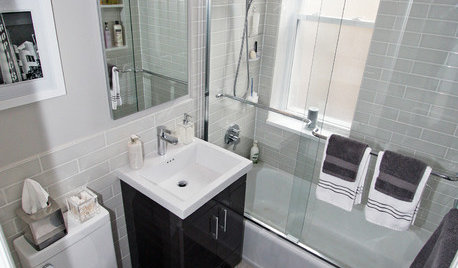
BATHROOM DESIGNWater Damage Spawns a Space-Saving Bathroom Remodel
A game of inches saved this small New York City bathroom from becoming too cramped and limited
Full Story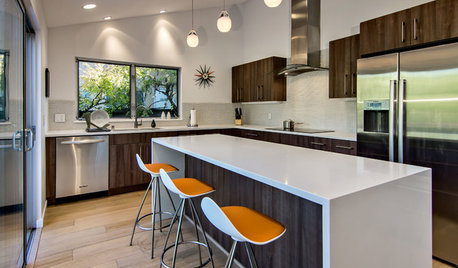
REMODELING GUIDESWhere to Splurge, Where to Save in Your Remodel
Learn how to balance your budget and set priorities to get the home features you want with the least compromise
Full Story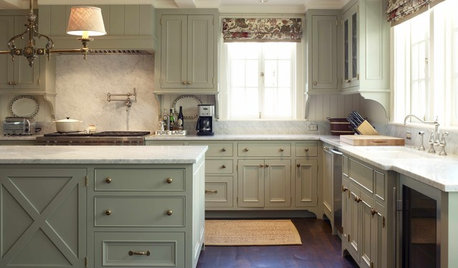
KITCHEN DESIGN9 Ways to Save on Your Kitchen Remodel
A designer shares key areas where you can economize — and still get the kitchen of your dreams
Full Story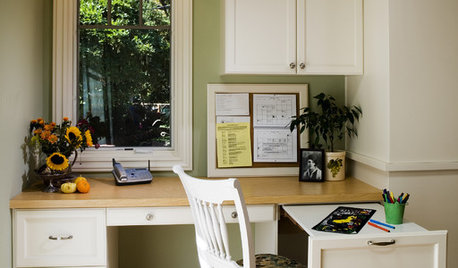
HOME OFFICESSpace-Saving Tips for Your Small Home Office
When your workspace is tight, make the most of it with these ideas
Full Story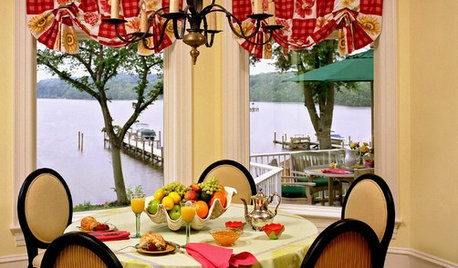
WINDOWSPretty (and Money-Saving) Window Treatments
Stationary Drapes, Shades and Swags Add Polish for Less
Full StoryMore Discussions






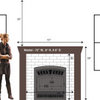

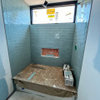
virgilcarter
andry
Related Professionals
Ken Caryl Architects & Building Designers · Yeadon Architects & Building Designers · Shady Hills Design-Build Firms · McKinney Home Builders · Riverbank Home Builders · Wilmington Home Builders · Knik-Fairview Home Builders · Arizona City General Contractors · Bowling Green General Contractors · De Pere General Contractors · Havre de Grace General Contractors · Niles General Contractors · Panama City General Contractors · Vermillion General Contractors · Winfield General Contractorsflgargoyle
energy_rater_la
sanveannOriginal Author
sis3